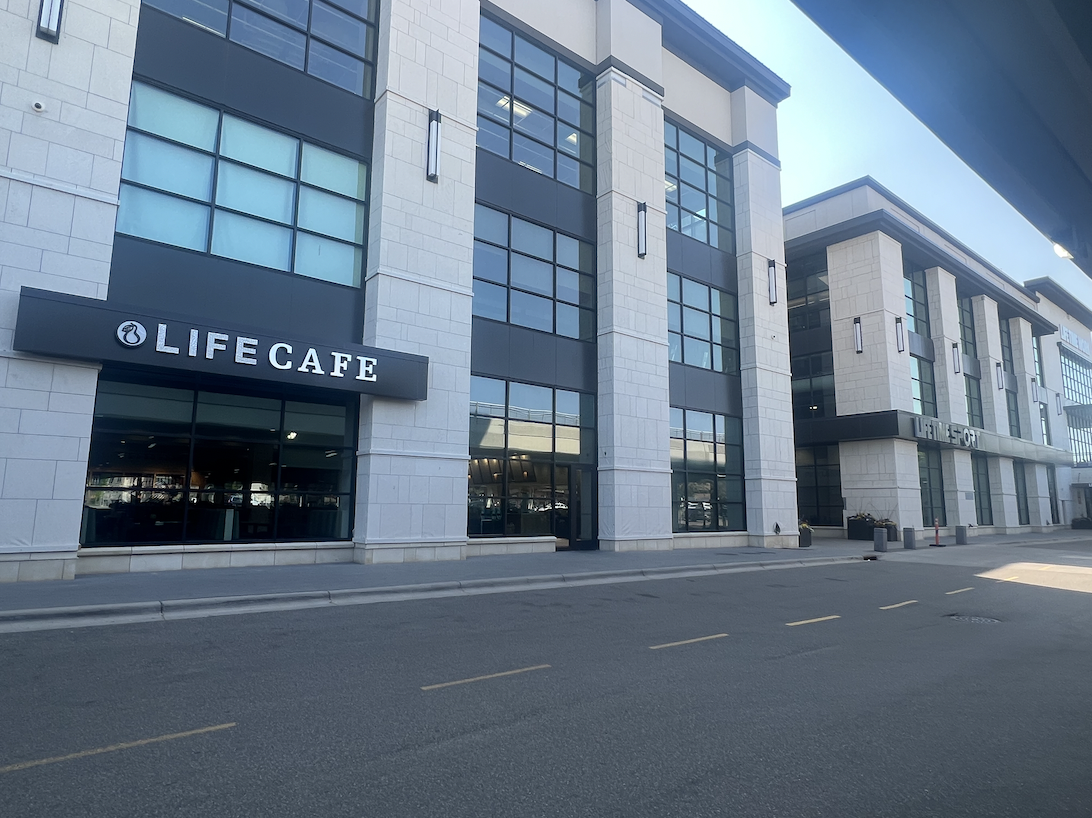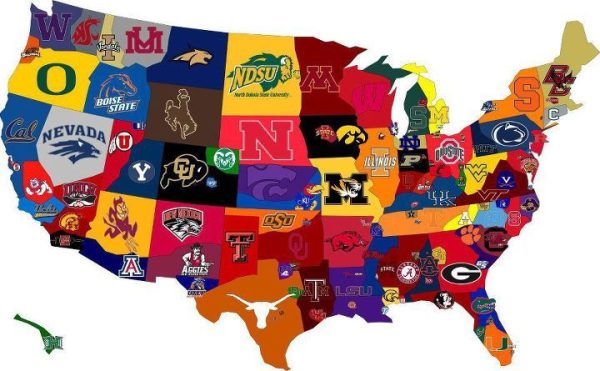Why I walked out
If Congress, state representatives, and all elected officials, aren’t ready for action, I am.
March 19, 2018
On March 14, 2018, thousands of students across the United States walked out to stand in solidarity with the victims of preventable gun violence—a disease that has plagued America for generations. I chose to be one of those students—not because I felt that leaving class for one day would solve the issue, but because, to me, doing something is better than doing nothing.
The walk-out that occurred days ago was often misconstrued as an anti-gun protest—that those involved had an agenda of hostility towards gun owners and their lobbyists. However, that was not the true intent of the movement. The real purpose of the demonstration, the real reason thousands of us students walked, was to show love and support. Our goal was not to argue, or debate, or deepen the already profound divide, it was to show the victims of these horrors that we hear them, and that we want to do anything we can to prevent their tragedy from striking another student body.
I walked out because I believe that the United States of America has a problem that we don’t want to fix.
— Ben Larson
I walked out because I believe that the United States of America has a problem that we don’t want to fix. To me, the solutions are clear and plentiful, but to others, they’re jaded and uncomfortable. To honor the discomfort of those that will be most affected by increased gun control legislation, I too did something uncomfortable. I walked out of my school in front of my entire student body to declare publicly that I’ve had enough of the mass shootings. I chose to put my image out on the line to make it very clear that I demand action.
Now, I didn’t walk out to start an argument. I strongly believe that there are at least two sides to every debate, so I respect any student who made their own decision that day to remain inside. Whether it be because of a moral disagreement, fear of repercussion, or any other reason, every person has the right to a respected opinion. Students who stayed inside used the same democratic principles that I used to walk out. These very same principles are the reason that walk-outs, protests, marches, and other demonstrations are so valid. We live in a country governed by the people for the people, and what better way to show the people in charge what you want, than to do something as conspicuous as a walk-out.
I also didn’t walk out to clear my conscience of any gun-related issues. Many opponents to the walk-out worry that it was used as a climax to a steadily growing movement—that the walk-out itself hurts the cause because it feels like an improperly conducted and finite solution to a problem not close to being solved. But I argue that the walk-out was used less as an end-game, and more as a validator of a hotly contested movement—a rallying point. I was so incredibly inspired by the courage and determination of all those that walked on March 14, and I don’t plan to end my advocacy with that day. I’ve written over 20 letters to my legislators calling them to action, and I plan on continuing until something is done to put an end to a preventable problem.
And that is the primary reason I walked out. I left school and stood out on the concrete with hundreds of other BSM students to show Congress, my state representatives, and all other elected officials, that if they’re not ready to do something to hinder the mass shootings of my fellow American classmates, then I’m prepared to.
























































